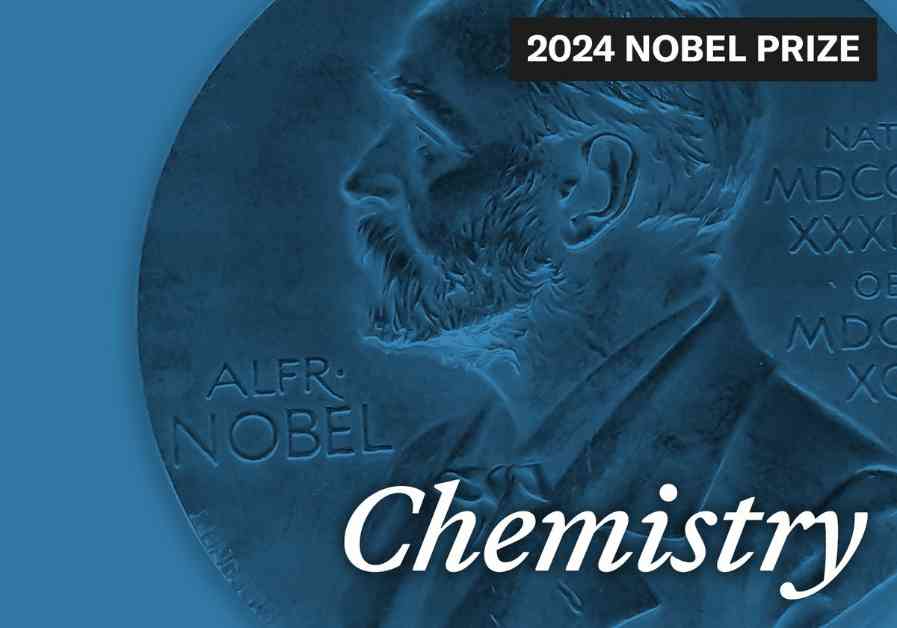The 2024 Chemistry Nobel Prize was recently awarded to three scientists for their groundbreaking work in understanding proteins, the essential building blocks of life. Proteins are crucial for various functions in the body, such as building muscles, filtering out toxins, and more.
Half of the prize was awarded to Demis Hassabis and John Jumper from Google DeepMind for developing AlphaFold2, an AI program that can predict the shape of protein molecules based on their chemical composition. This breakthrough is significant as the shape of a protein determines its function, making these predictions vital for scientific research.
The other half of the prize was given to structural biologist David Baker from the University of Washington for his work in designing entirely new proteins that do not exist in nature. These artificial proteins have a wide range of potential applications, from acting as sensors to blocking viruses like the one that causes COVID-19.
Baker expressed his excitement and honor at receiving the prestigious award, acknowledging the contributions of previous scientists in the field. His research on artificial proteins has the potential to revolutionize medicine and biotechnology, particularly in the fight against infectious diseases.
One of the most promising applications of Baker’s work is the development of molecules that can inhibit the infectivity of the SARS-CoV-2 virus. These engineered proteins could be delivered through a nasal spray, offering a more convenient and effective way to prevent viral infections.
Despite his preference for working in the lab, Baker’s Nobel Prize win will likely result in increased demands on his time, including public appearances and speaking engagements. However, the recognition and support that come with the award will enable him to further advance his research and continue making groundbreaking discoveries in the field of protein chemistry.
Overall, the 2024 Chemistry Nobel Prize highlights the importance of protein research and the potential for artificial proteins to address various challenges in healthcare and beyond. The innovative work of these scientists is paving the way for new developments in biotechnology and molecular biology, with far-reaching implications for human health and well-being.










